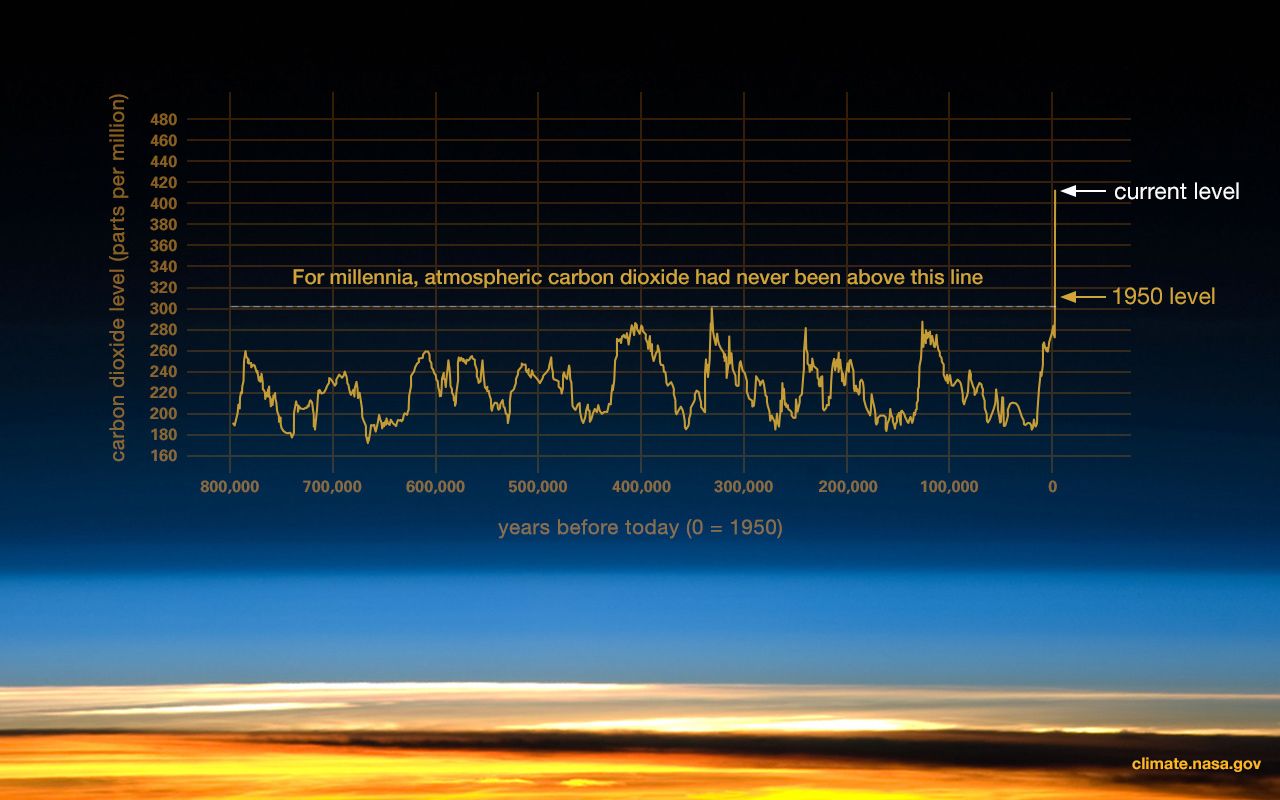Inhabitants of Earth could face crisis from many threats; asteroids, war, disease, and climate change. The warming climate is the spectre haunting everyone’s dreams, a terrifying prospect that could spell the end of life unless we act fast – and ninety-seven percent of climate scientists agree.
Thinkers around the world aim to provide solutions to our many environmental woes but these are problems for everyone to consider. People are waking up to things they can do as individuals, and see what others don’t, like many ‘environmental activist’ celebs taking private jets around the world. So, how can the little man solve an oncoming global catastrophe?
Oikos and the Individual
The majority of solutions we hear are political. The three demands of the major climate activism group Extinction Rebellion contain the word ‘government’ and focus on reform and citizen assembly. The issue is that the government is an always-turning cog which gets stuck, moves slowly, and can malfunction. We need to go smaller.
The late philosopher Roger Scruton addresses this in his work Green Philosophy, considering how we can help the climate through social reform down to the individual. Prior to this, he had further popularised the term ‘oikophobia’, which is the extreme opposite of xenophobia, and constitutes the hatred or aversion to our home, society, or civilisation (as oikos is the ancient Greek word for household).
He takes a conservative standpoint and notes that the hatred of our home (England in his case) is part of the issue. We need to abandon this oikophobia and embrace an oikophilia. He rejects the idea that global issues require global solutions, and advocates for a free-market sustaining, community approach. If the individual regains their love of home, and thus takes on again their stewardship of said home, the country would start taking care of itself.
The thought process can be simplified; if I love and respect my home (my town, say), then I shall endeavour to keep it clean, orderly, and healthy. I should want my home to have clean air, luscious wildlife, and untainted beauty, and would do anything to do that. If this mindset was applied to everyone’s home, and by extension everyone’s country, the climate crisis may have a solution. Small scale work, executed on a large scale by many individuals.
Public Sector Responses
The public sector does not seem best placed to help with this. There is genuine animosity towards the governments of the world, and distrust that adequate work will be done to solve this crisis. The public sector is, however, in a unique opportunity to kickstart and promote this oikophilia, as it is the country.
Public education and healthcare services have the ability to begin to educate people on the hazards of climate change and support non-violent action. Water supplies, electrical grids, and other utilities should be constructed in the most efficient and environmentally sustainable way possible. For example, zero-emission public transport is a major opportunity for the public sector to actively promote.
Promotional campaigns can also be a public sector venture, especially by the government who can urge the people to begin looking inward, and then closely outward, in order to enact change; we don’t need to have trans-national solutions. Scruton was actually on a government aesthetics commission called Building Better, Building Beautiful which focused on the home, and why its beauty and environment mattered – this is a step forward.
Private Sector Responses
The private sector elicits the most bipolar responses, from the immense cynicism companies such as Apple and Microsoft receive with ‘woke’ campaigning, to the celebration of small businesses to the self-employed taking steps to reduce their footprint.
It seems that the private sector has an equally good scope for change and action. Nespresso launched a USD 600 million program to plant 10 million trees across South America in order to achieve carbon neutrality. Incentive such as this, while looked upon with a level of scepticism, are examples of private sector help.
More focus is needed on the oikos. Starbucks, whilst open to genuine criticism surrounding financial decisions, has a robust community service program which takes its workers and citizens and engages local communities. They support military personnel, help the homeless, and, important to this article, keep their communities and planet free of pollution and sustainable. More companies need to do this.
Unified Response
The government’s 25 year environment plan attempts to unify public and private sectors in order to change the environment. They propose that we should have: clean air, clean (and plentiful) water, thriving plants and wildlife, reduced environmental risks, sustainable natural resources, enhanced beauty, minimal waste, and enhanced biosecurity amongst other things. This response can be achieved through a love of home.
Bibliography
Beckeld, B., 2019. ‘Oikophobia’: Our Western Self-Hatred. Retrieved from https://quillette.com/2019/10/07/oikophobia-our-western-self-hatred/
Biadene, F., 2019. How the Private Sector can Address Climate Change. Retrieved from https://thepalladiumgroup.com/news/How-the-Private-Sector-can-Address-Climate-Change
Department for Environment Food & Rural Affairs, 2019. At a glance: summary of targets in our 25 year environment plan. Retrieved from https://www.gov.uk/government/publications/25-year-environment-plan/25-year-environment-plan-our-targets-at-a-glance
Dunton, J., 2019 RIBA and Design Council applaud ‘Building Beautiful’ findings, Building Design. Retrieved from https://www.bdonline.co.uk/news/riba-and-design-council-applaud-building-beautiful-findings/5100542.article
Extinction Rebellion. Our Demands. Retrieved from https://rebellion.earth/the-truth/demands/
George, S., 2019. Five ways the UK public sector is taking action to create a sustainable future. Retrieved from https://www.edie.net/news/7/Five-ways-the-UK-s-public-sector-is-taking-action-to-create-a-sustainable-future/
NASA. Climate Change: How Do We Know?, Global Climate Change Vital Signs of the Planet. Retrieved from https://climate.nasa.gov/evidence/
Scruton, R., 2013. Conservativism and the Environment. Sir Roger Scruton: Writer and Philosopher. Retrieved from https://www.roger-scruton.com/articles/281-conservatism-and-the-environment
Starbucks. Community Service | One neighbourhood at a Time. Retrieved from https://www.starbucks.com/responsibility/community/community-service
Webster, B., 2019. Jet-setting stars exposed over hypocrisy on climate change. The Sunday Times. Retrieved from https://www.thetimes.co.uk/article/super-emitter-celebrities-named-and-shamed-for-using-private-jets-3xhm70jbt










